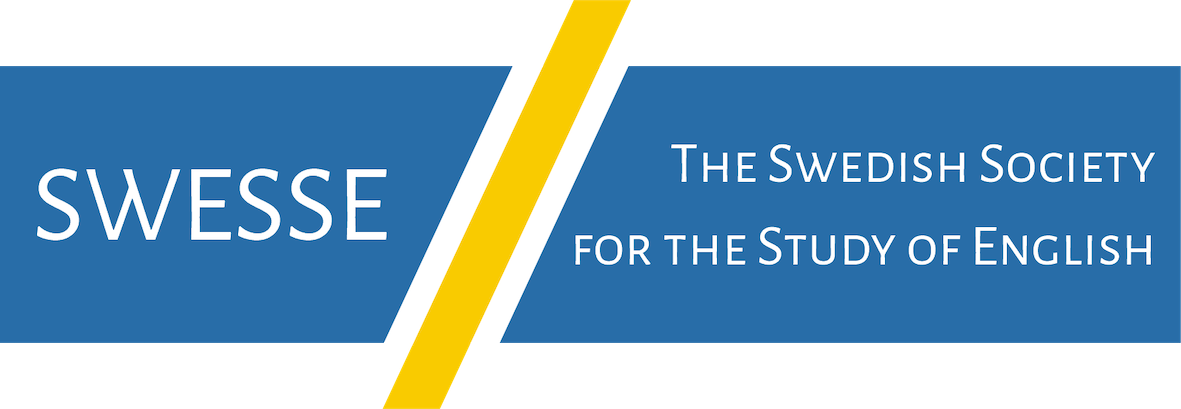Data extraction, segmentation & visualisation: Harnessing the transformative power of ChatGPT to build, segment and explore corpora for linguistic research
Dr Christian Hoffman (University of Augsburg) When: Wednesday 6 December, 15:15–16:45Where: via Zoom, hosted by Mid Sweden University
